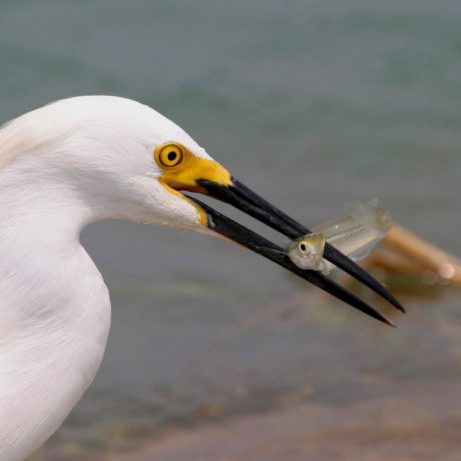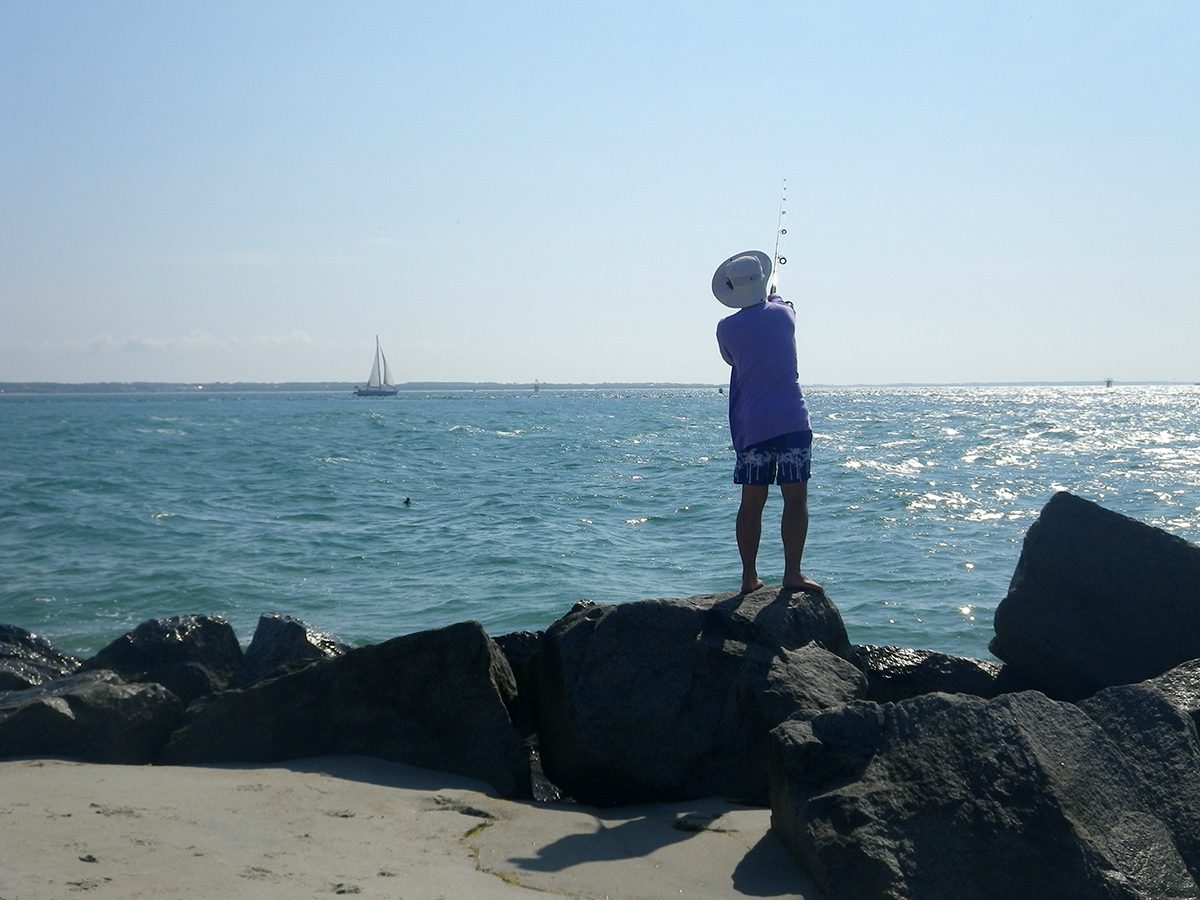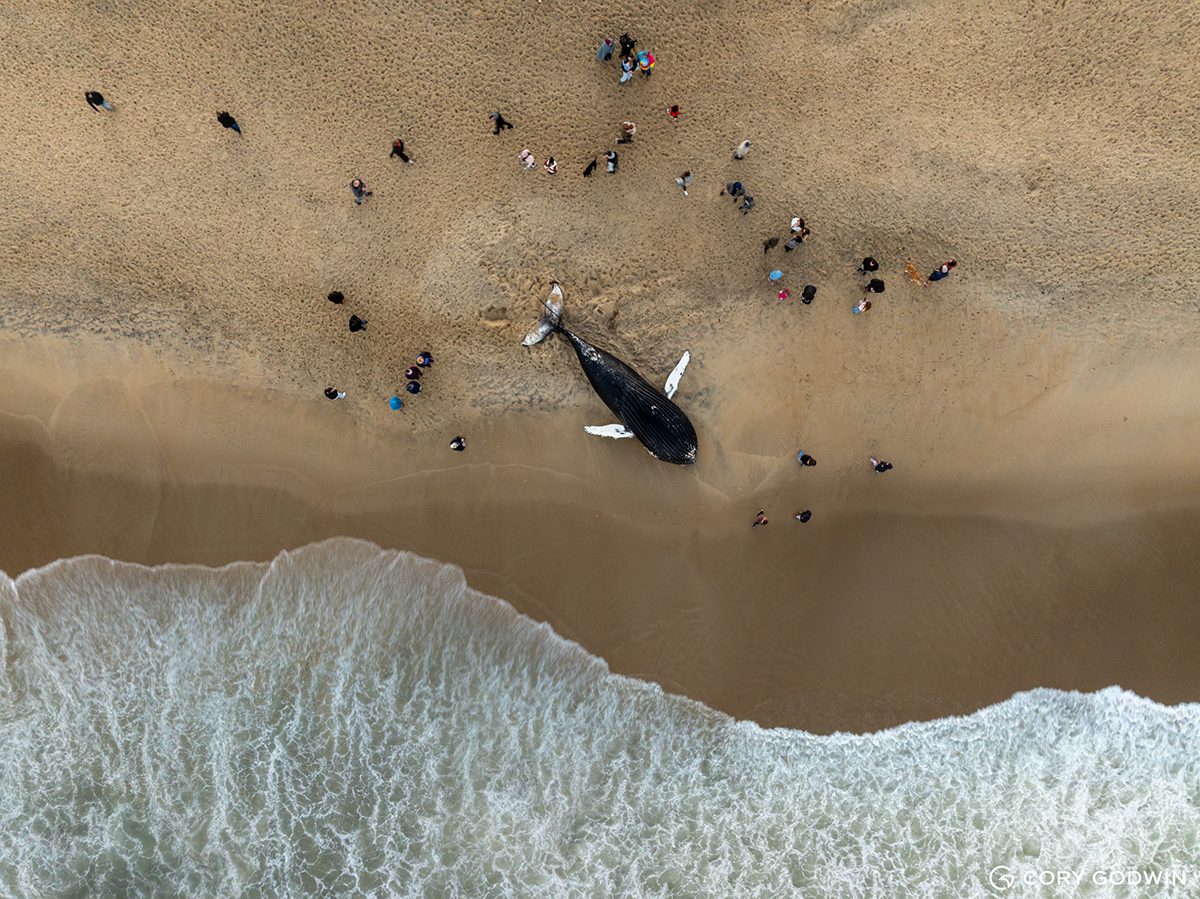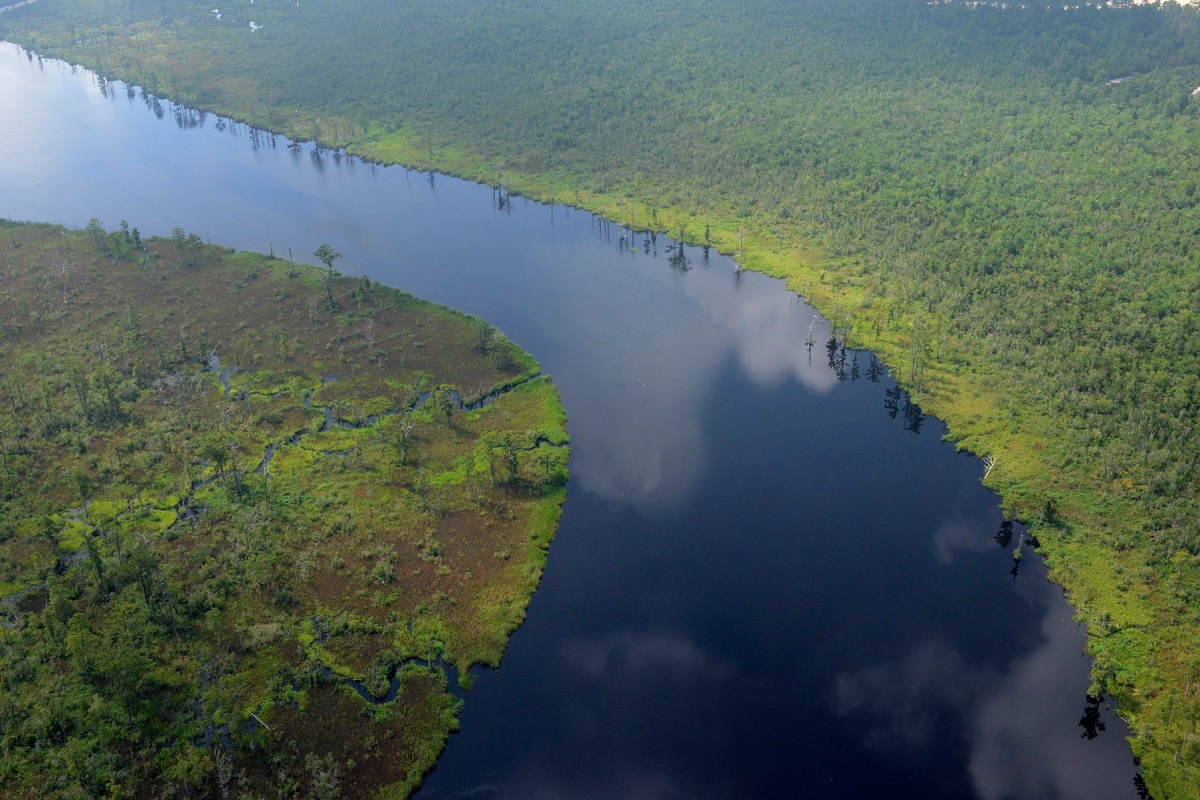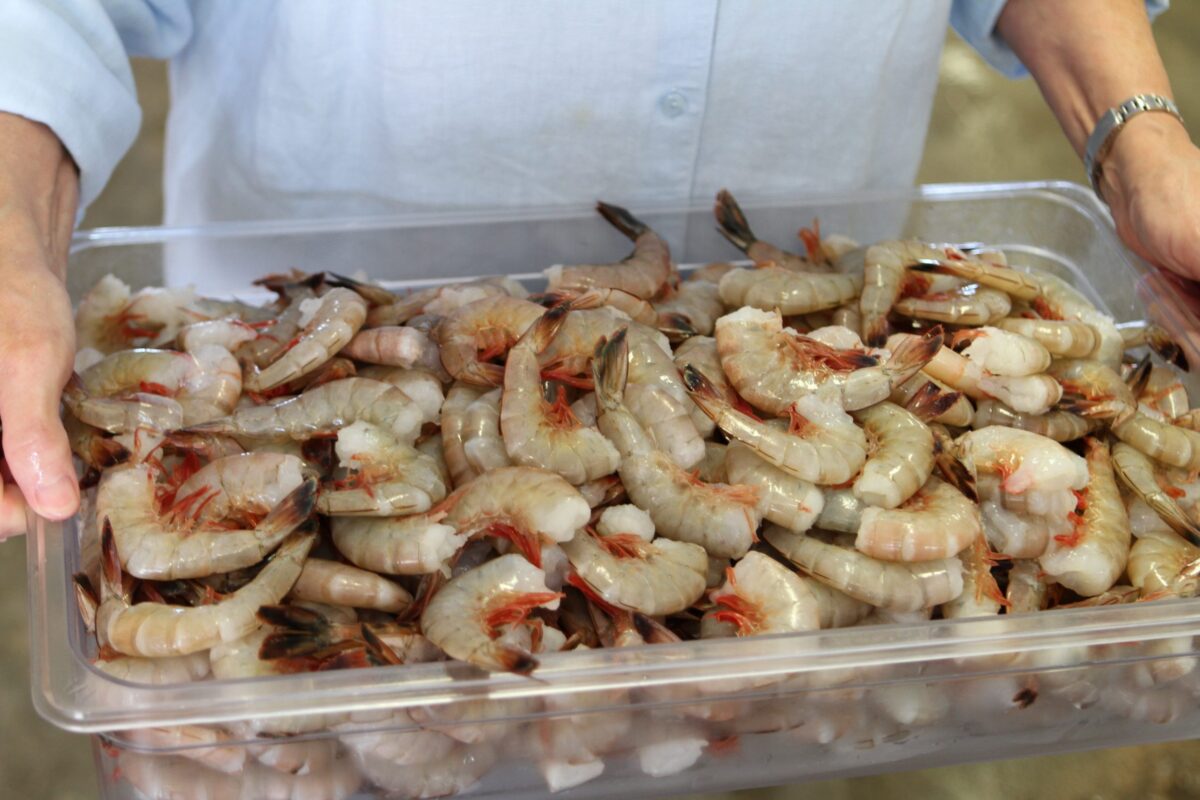TOPSAIL BEACH – A judge has dismissed a lawsuit against Topsail Beach and lifted a temporary restraining order issued shortly after the town board repealed its longstanding dune protection ordinance.
Pender County Superior Court Judge R. Kent Harrell on Monday notified attorneys involved in the case of his April 13 ruling, writing that he accepted the town’s motion to dismiss the lawsuit “for lack of subject matter jurisdiction.”
Supporter Spotlight

His decision to dissolve the temporary restraining order prohibiting the town from issuing building permits now opens the door for property owners of a series of oceanfront lots at the south end of town to pursue building on their lots.
But that will not happen without a fight, according to the man who spearheaded the lawsuit against the town.
“We’re not going away,” said Grier Fleischhauer. “This is not something where we feel like we’re defeated. This is not the end-all as far as proceedings. We have to go through the process and wait for the town to issue the building permit.”
If the town’s building inspector issues a building permit for any of the nearly 30 lots, Fleischhauer said his group will challenge that decision.
Fleischhauer lives in a home on the banks of one of three manmade canals that flow into New Topsail Inlet. The canals are directly behind 28 oceanfront lots on the south end.
Those lots were, for years, unbuildable. Storms in the 1980s and 1990s flattened the dunes and destroyed homes along that stretch of beach.
Supporter Spotlight

Following years of efforts to restore the dune system – beach re-nourishment, planting sea oats and installing fencing to trap sand – the lots have enough sand to meet the state Coastal Area Management Act’s setback requirements from the frontal dune. Frontal dunes are immediately seaward of the beach.
After one of the properties along that stretch of oceanfront was developed, the town re-examined its more than 20-year-old dune protection ordinance.
When Topsail Beach commissioners amended the ordinance, owners of the oceanfront properties argued the changes rendered their lots unbuildable.
Several soundside property owners, including those whose homes are on the canals, urged commissioners to maintain the ordinance. Those property owners argued that developing the oceanfront lots would increase flood damage and potentially jeopardize the town’s National Flood Insurance Program rating.
Commissioners in December 2016 voted 4-1, with Commissioner Julian Bone opposed, to repeal the ordinance.
Five days after that vote, nearly 40 Topsail Beach property owners representing more than 20 properties sued the town.
In his ruling, Harrell wrote that the town’s flood prevention ordinance requires any applicant with property in a federally designated VE flood zone to provide an engineer’s analysis that proves proposed construction will not increase potential flood damage. A VE zone is generally used in areas determined to have a 1 percent annual chance of flooding with wave action.
Harrell also stated that the town is not in “immediate or imminent threat” of becoming ineligible to participate in the National Flood Insurance Program or losing its current flood insurance rating.
“That’s what’s got everybody scared,” said Kevin Combopiano, who owns one of the vacant oceanfront lots on the south end. “It’s nice that the judge actually put that out there.”

Topsail Beach was the only beach town in the state to have a dune protection ordinance. The judge’s dismissal of the case “puts us right on par with every other coastal town in North Carolina,” Combopiano said.
At least six CAMA permits have been issued to owners of the oceanfront properties, 22 of which are privately owned. The town owns the other six lots.
Combopiano, who lives in Cary, said he has not applied for a CAMA permit.
“I believe I do want to build,” he said. “I actually look forward to building down there.”
Combopiano said he suspects several of the oceanfront property owners who fought to get the now defunct dune protection ordinance changed will likely build.
“I don’t know how many lots will actually be developed,” he said. “I think there are five people that are waiting to build right now.”
Owners of two of the properties have already taken the next necessary step to build.
Town Clerk Christina Watkins said Wednesday the town has received two applications from property owners of the south-end lots.
“We have received two zoning permit applications and that is for them to apply for a septic permit through the Pender County Health Department,” she said.
One of the applicants has a CAMA permit. The town has put the other zoning permit application on hold until the applicant receives their CAMA permit, Watkins said.
Once a zoning and septic permit are issued, a property owner may then apply for a building permit.
A property owner or owners opposed to the issuance of a building permit must formally petition the town’s board of adjustments, something Fleischhauer said he intends to do if and when the time comes.
“If all those things fail, then we’ll just file our case again,” he said.
Fleischhauer, a former town commissioner, said he and a handful of others, including Commissioner Bone, were instrumental in heading up the town’s beach re-nourishment project, one that has gained national attention.
“We just feel so disheartened that we see our efforts are being weakened,” he said. “They’re actually weakening the dune system by repealing the dune ordinance.”
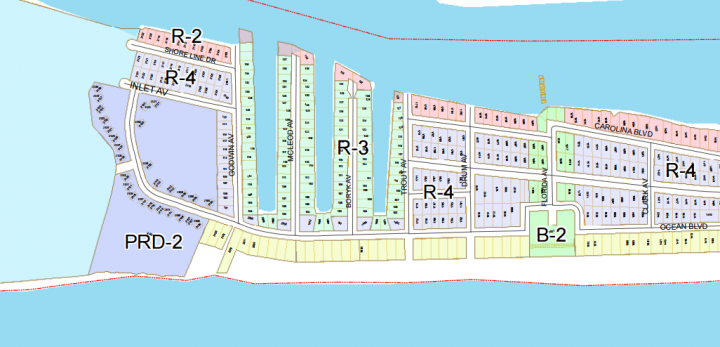
Though the ordinance was effective town-wide, Combopiano said it specifically targeted the stretch of oceanfront lots on the south end.
“There’s absolutely no reason to single out these 28 lots,” he said. “These lots are just as stable as any other lot on the island because sand has been accreting in that area. Any lot on the ocean side you have to do the same thing. You have to show that you are building responsibly. We want the opportunity and the right to build houses.”
During their April 12 meeting, commissioners stripped the title of mayor pro-tem from Bone and removed him from his post on the Topsail Island Shoreline Protection Committee after a recent trip to Raleigh with Fleischhauer.
The pair met with, among others, Sen. Bill Rabon, R-Brunswick, to pitch an idea that would protect the dunes, according to Fleischhauer.
“The state, I think, should have an interest in this,” Fleischhauer said. “If they provide millions of dollars for sand, shouldn’t they not allow people to haul it away from the back side of a dune?”
A letter with their proposal was titled “Topsail Beach Legislative Goals.”
“That was not the intent at all to say it was a town of Topsail Beach goal,” Fleischhauer said. “That letter was actually written to the south Topsail concerned citizens. It should have said ‘concerned citizens of Topsail Beach legislative goals’. That document has been corrected now.”

